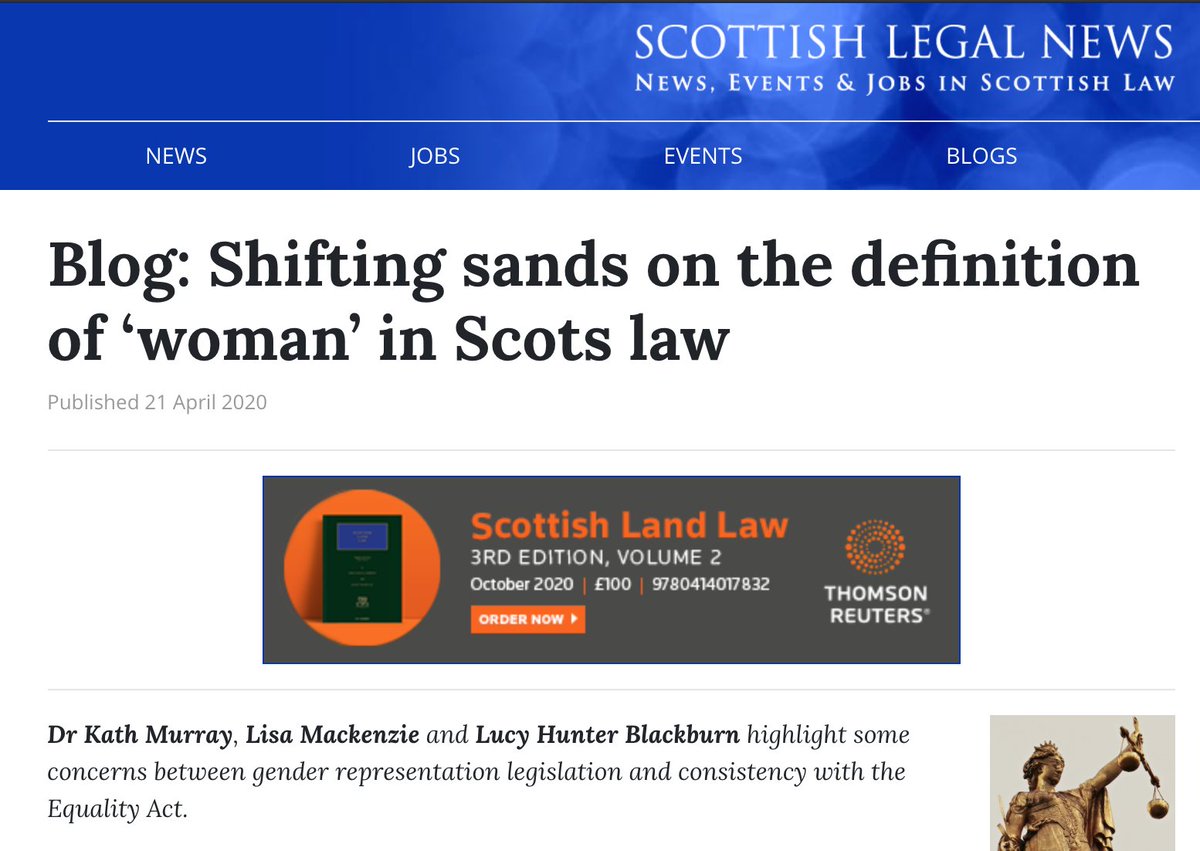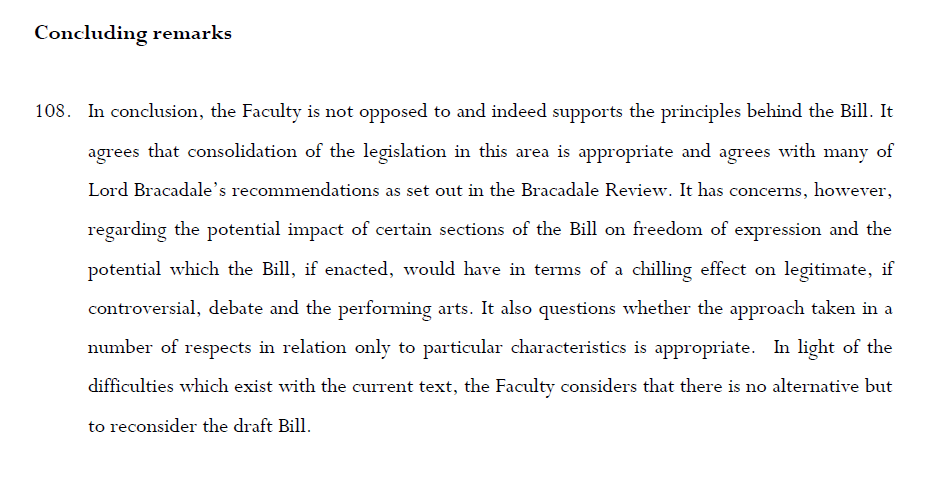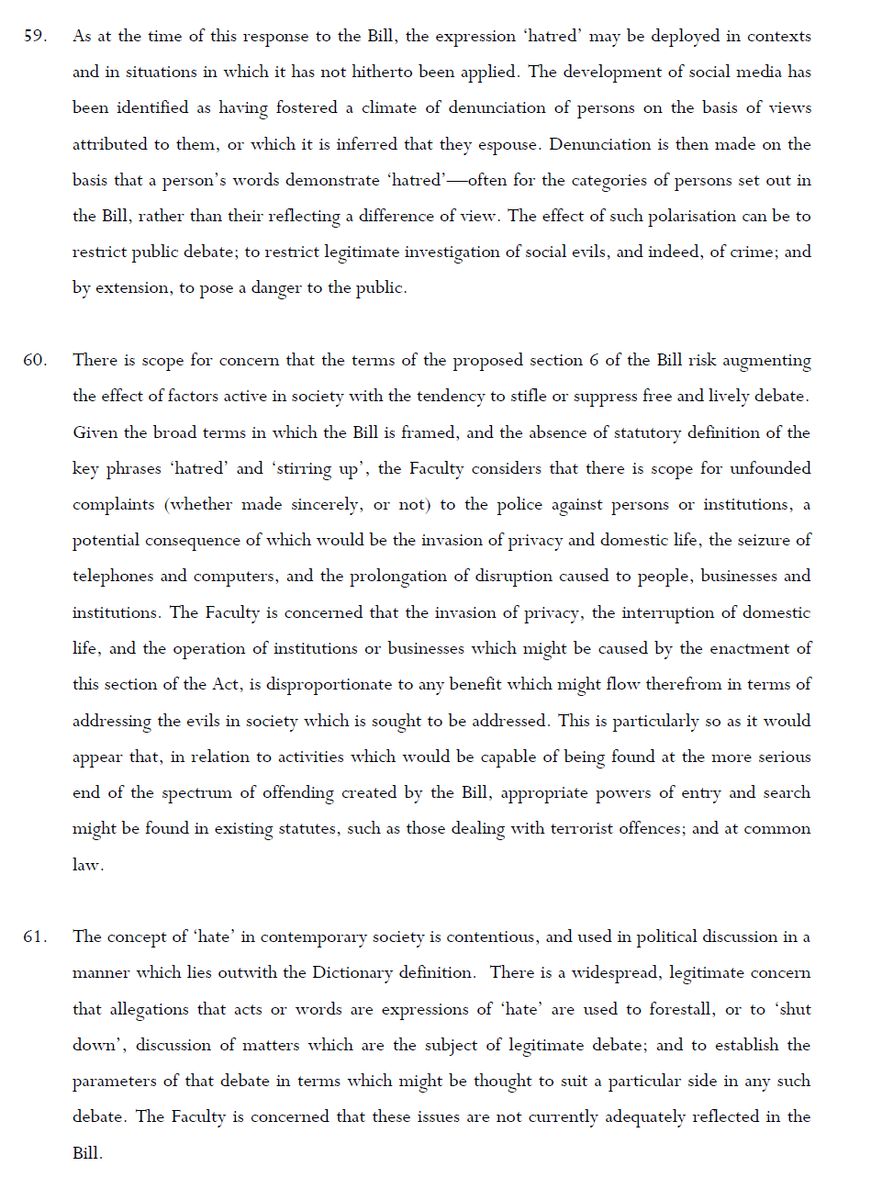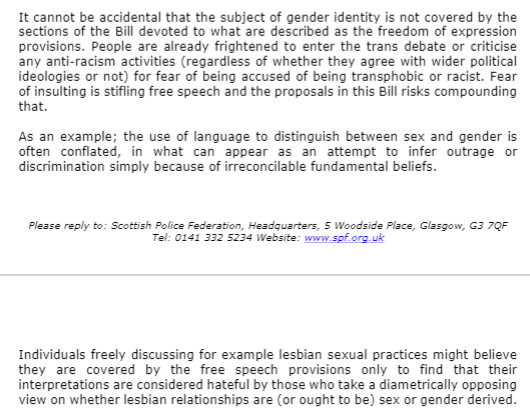
Engaging with the media is an important part of the work we do. Since we formed in November 2018, we have been quoted in over fifty press articles and written over a dozen opinion pieces for a range of mainstream and specialist outlets: murrayblackburnmackenzie.org/media/ 



In March 2019, we wrote a piece for @HolyroodDaily magazine about the Scottish Government’s Census Bill: holyrood.com/comment/view,b… 

In October 2019, Kath wrote a piece for @PolicingInsight about gender self-identification and UK police forces: policinginsight.com/features/opini… 

In January 2020, we wrote a piece in @TheScotsman about the Scottish Government’s consultation on reform of the Gender Recognition Act: scotsman.com/news/opinion/c… 

In April 2020, we wrote for @ScottishLegal about the redefinition of ‘woman’ in the Gender Representation on Public Boards Act: scottishlegal.com/article/blog-s… 

In September 2020, we wrote in @pressjournal about the Scottish Government’s draft Hate Crime and Public Order Bill: pressandjournal.co.uk/fp/news/politi… 

We have also given interviews to the broadcast media. In May 2019, Lisa appeared on STV Scotland Tonight, talking about the Scottish Prison Service’s trans prisoner policy: 

In February 2020, Lucy was interviewed for an edition of STV Scotland Tonight about the Scottish Government’s proposed reforms of the Gender Recognition Act: news.stv.tv/politics/trans… 

We wish to continue to be able to engage with the media when approached, as we know that many women do not feel so able to do so, because of concerns about the consequences of speaking publicly on these issues.
You can support us in continuing this work via our crowdfunder. Thank you. crowdfunder.co.uk/womens-rights-…
• • •
Missing some Tweet in this thread? You can try to
force a refresh










